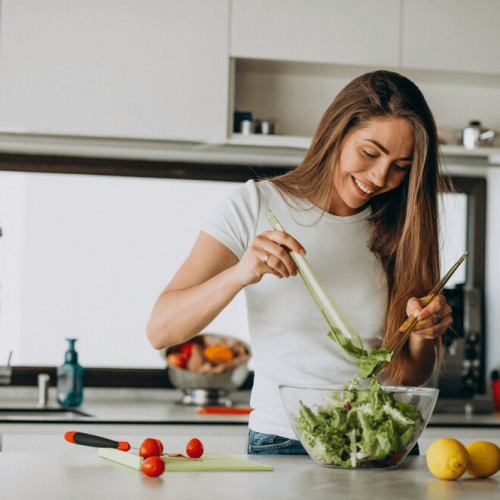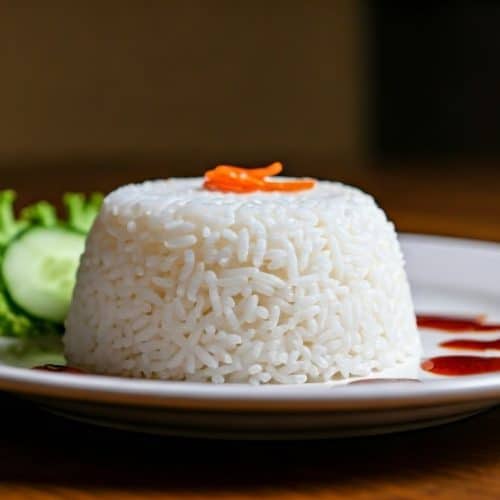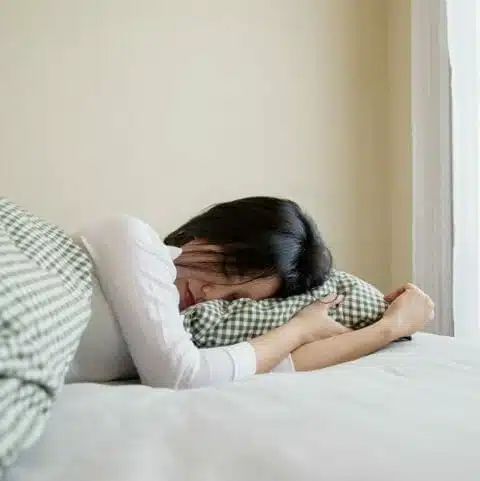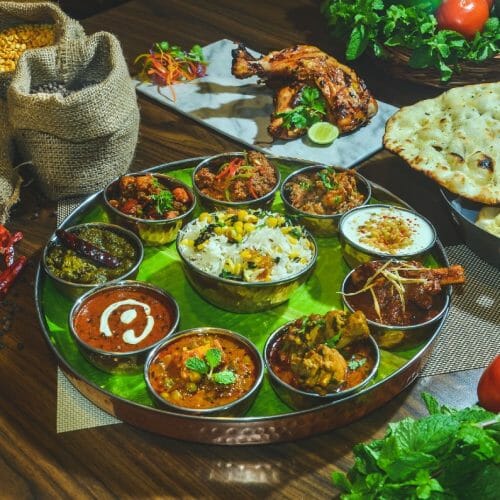Ever feel drained and struggle with cravings? our meal timing could be a reason. While food choices matter, when you eat plays a key role in metabolism, focus, and overall well-being. This blog will help you understand the best times to eat so you can avoid energy crashes, maintain a healthy weight, and improve your digestion for a more balanced and energized day.
Why Meal Timing Matters for Your Health?
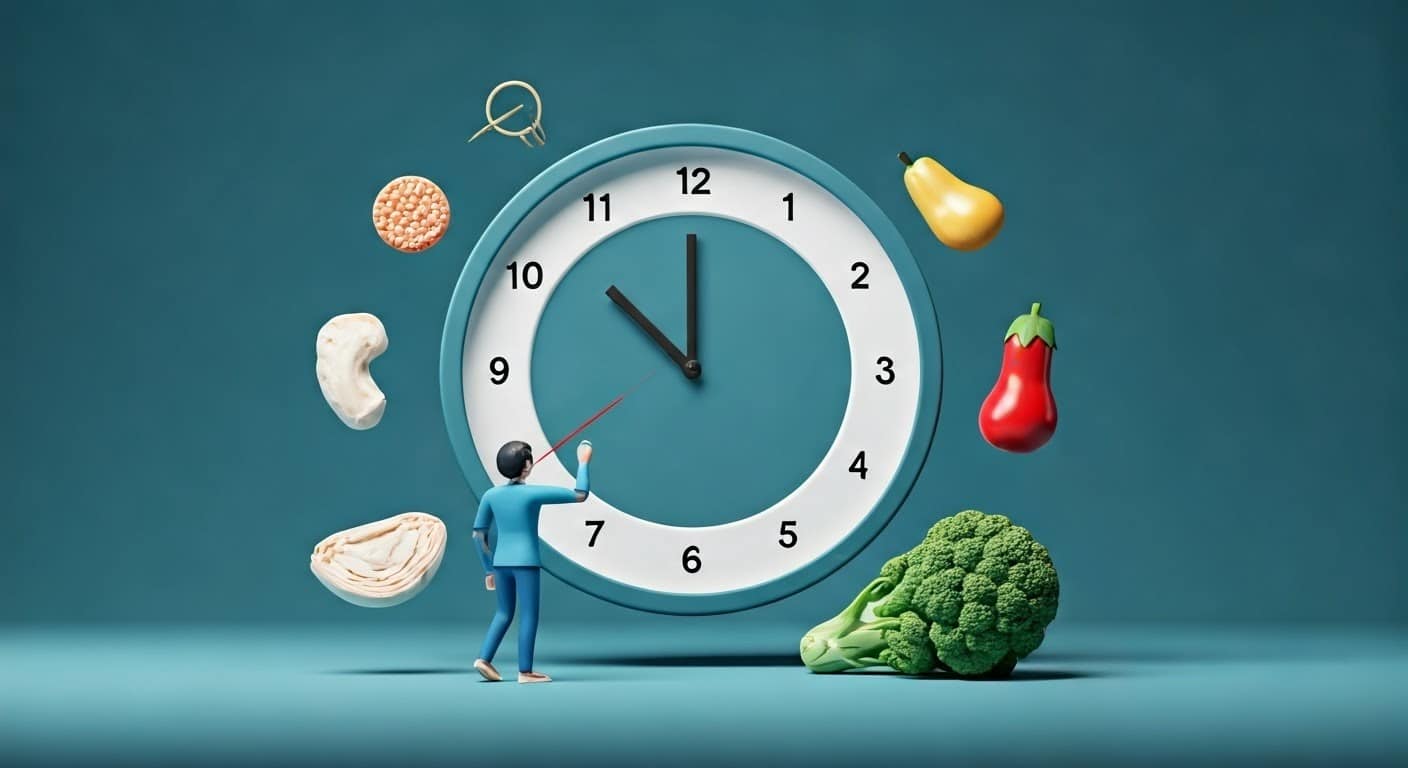
Person with clock and food variety
When you eat is just as important as what you eat. Your body follows an internal clock called the circadian rhythm, which regulates digestion, metabolism, and energy levels. Eating at the right times can improve nutrient absorption, prevent energy crashes, and support overall health.
- Regulates Your Internal Clock – Your body follows a natural rhythm (circadian rhythm) that controls digestion and metabolism.
- Boosts Nutrient Absorption – Eating at the right times helps your body digest and absorb nutrients more efficiently.
- Enhances Gut Health – A consistent eating schedule supports a balanced gut microbiome, improving digestion and reducing bloating.
- Supports Metabolic Health – Healthy meal timing lowers the risk of obesity and other metabolic disorders.
How Your Eating Timing Affects Metabolism
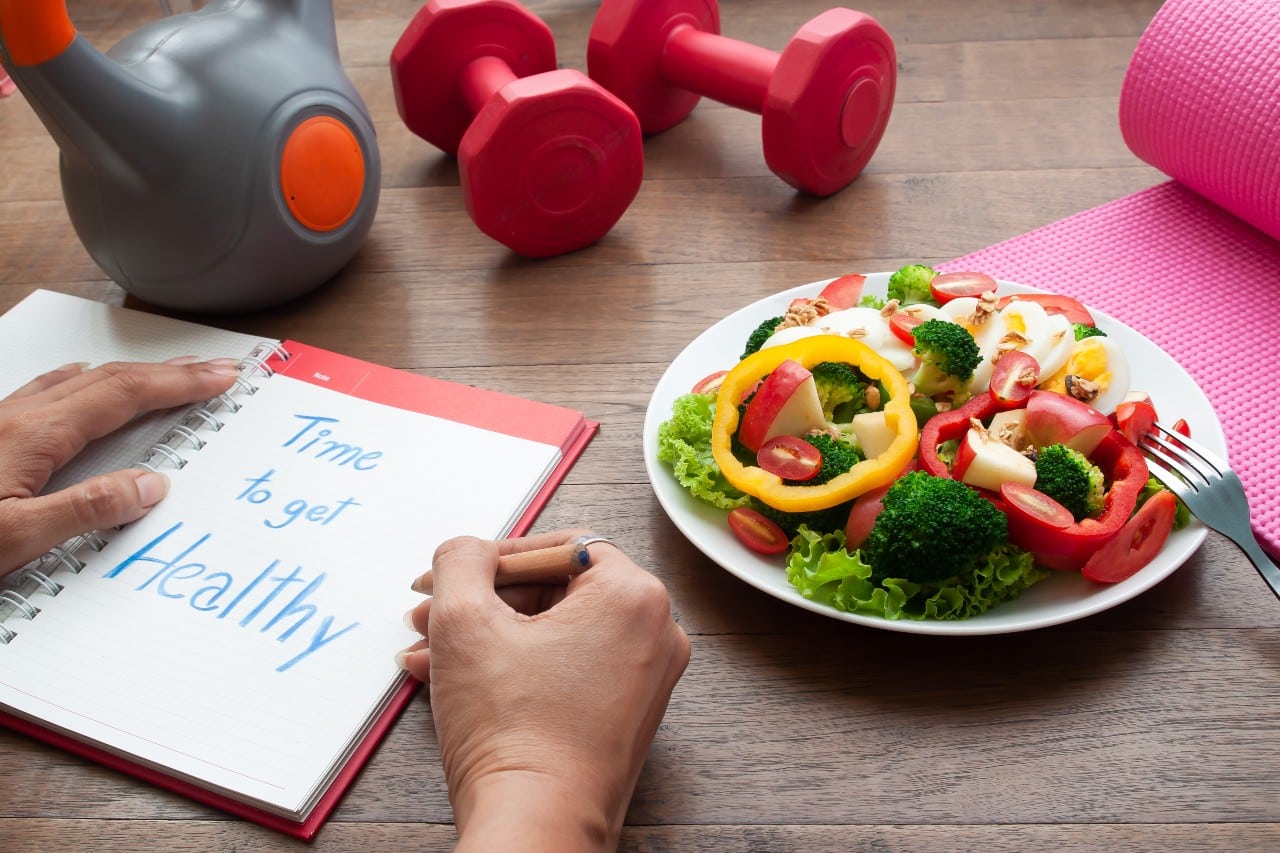
Plate of veggies with dumbbells
Your metabolism isn’t just about what you eat, but also when you eat. The body’s ability to process food changes throughout the day, aligning with your natural circadian rhythm. Eating at the right times can optimize energy use, improve digestion, and support weight management. Here’s how meal timing affects your metabolism from morning to night:
Morning Boost:
The body is more insulin-sensitive in the morning, meaning it processes carbohydrates and sugar more efficiently.
- Eating breakfast early is the best time to eat, which kickstarts your metabolism and provides energy for the day.
- A morning meal helps regulate blood sugar levels, keeping energy stable.
- A well-balanced breakfast prevents overeating later, as it stabilizes hunger hormones.
Afternoon Efficiency:
During midday, the body’s metabolism and digestion function at their peak. The digestive system is most effective at breaking down food and absorbing nutrients during this time.
- A balanced lunch with protein, healthy fats, and fiber keeps energy levels stable.
- Eating a proper meal at this time prevents afternoon fatigue and cravings.
- Staying nourished helps maintain focus and avoid unhealthy snacking.
Evening Slowdown:
As the day winds down, the body prepares for rest, and metabolism slows. Eating too late can affect digestion, sleep quality, and overall well-being.
- Metabolism slows in the evening, making digestion less efficient.
- Heavy meals before bed can cause discomfort, bloating, or heartburn.
- Eating late disrupts melatonin production, making it harder to fall asleep.
- Poor meal timing at night can lead to restless sleep and fatigue the next day.
Nighttime Impact:
Eating late at night is not the best time to eat, which can interfere with your body’s natural rhythm, making digestion less effective. This can lead to poor sleep, weight gain, and other metabolic issues (Increased insulin resistance, Higher cortisol levels, and Slower fat metabolism).
- Metabolism slows in the evening, making it harder to process food efficiently.
- Late-night meals can spike blood sugar, leading to fat storage and weight gain.
- Digestion takes priority over rest, making it harder for the body to recover overnight.
- Eating too close to bedtime can disrupt sleep, causing fatigue the next day.
A consistent eating schedule helps reduce the risk of metabolic issues, such as insulin resistance and weight gain, by aligning your food intake with your body’s natural rhythms. This approach promotes better digestion, improved sleep, and overall well-being.
The Ideal Times for Meals

Indian food meal on plate
Meal timing impacts energy, digestion, and sleep. Eating within 10-12 hours helps regulate metabolism and prevent cravings. A balanced breakfast within two hours of waking stabilizes blood sugar, while a midday lunch sustains energy.
The best time to eat dinner is at least 2-3 hours before bedtime, which supports digestion and restful sleep. Syncing meals with your body’s natural rhythm promotes overall well-being and makes it easier to maintain a healthy lifestyle.
Best Time for Breakfast to Kickstart Your Day
The best time to eat breakfast is within an hour of waking up. This helps jumpstart your metabolism, regulate blood sugar, and provide lasting energy for the day.
- Aim to have breakfast within 60 minutes of waking up. For example, if you wake up at 7:00 AM, eat by 8:00 AM.
- A balanced meal like oatmeal with berries or scrambled eggs with vegetables keeps energy steady.
- Eating early supports digestion and prevents overeating later.
- Skipping breakfast can lead to cravings, sluggishness, and poor focus.
Optimal Lunch Hours for Sustained Energy
The best time to eat lunch is between 12:00 PM and 1:30 PM when digestion is at its peak. Eating within this window helps maintain energy, prevents afternoon fatigue, and stabilizes blood sugar.
- A balanced meal with protein, healthy fats, and complex carbs keeps you full longer.
- Examples include grilled chicken with quinoa and vegetables or a salad with avocado and chickpeas.
- Eating too early or late can lead to fatigue or hunger before your next meal.
The Debate Around Dinner Timing
The best time to eat dinner is a widely debated topic, but many experts recommend eating earlier, ideally between 6:00 PM and 7:00 PM. This allows proper digestion before sleep, promotes better metabolism, and supports overall health.
- Eating early can improve digestion, prevent weight gain, and enhance sleep quality.
- Late dinners (after 8:00 PM) may lead to indigestion, disrupted sleep, and slowed metabolism.
- Ideal meals include dal with roti, vegetable curry with brown rice, or grilled chicken with vegetables.
- A light, nutritious dinner supports better digestion and a well-rested body.
Eating by the Clock: Breakthrough or Bust?
The concept of intermittent fasting, which involves cycling between periods of eating and fasting, has gained immense popularity for its potential health benefits. By limiting the time frame in which we consume calories, typically to an 8-12 hour window, we allow our bodies to enter a fasted state, promoting metabolic switching and the burning of stored body fat. This method is a type of intermittent fasting that encourages healthier eating patterns.
While research on intermittent fasting is promising, it’s essential to approach it with a balanced perspective. Establishing a sustainable meal schedule that aligns with your individual needs and preferences is paramount for long-term success.
No Time to Eat? Quick Fixes for a Healthier You
In today’s fast-paced world, finding the best time to eat can often feel like a luxury. Busy schedules, constant meetings, and endless tasks make it easy to skip meals or settle for unhealthy snacks. However, neglecting proper nutrition can leave you feeling sluggish and impact your overall well-being. The good news is that there are simple, quick fixes that can help you stay on track with healthier eating, even when time is tight.
Meal Prep for the Week:
- Cook rice, lentils, or quinoa in bulk.
- Chop vegetables like carrots, beans, and spinach for easy curries or salads.
- Prepare chapati dough in advance and store it in the fridge.
- Portion out snacks like roasted chickpeas, dry fruits, or yogurt with a dash of chaat masala.
Quick Smoothie Options:
- Blend yogurt with mango, banana, and a pinch of cardamom for a refreshing smoothie.
- Mix spinach, cucumber, mint, and a dash of lemon juice for a cooling green smoothie.
- Add protein powder with oats, jaggery, and coconut milk for a filling breakfast drink.
Healthy Snacks On-the-Go:
- Makhana (fox nuts) tossed with a little ghee and cumin seeds make a crunchy, protein-packed snack.
- Prepare homemade poha or upma with vegetables for a quick, nutritious bite.
- Keep fruit like apples, bananas, or oranges ready for a healthy snack option.
Grab-and-Go Meals:
- Parathas filled with vegetables like aloo, gobi, or methi (fenugreek) can be prepared in bulk and stored for a quick meal.
- A quick vegetable pulao or biryani made with brown rice or quinoa is a filling option when you’re in a rush.
Drinkable Nutrition:
- Buttermilk (chaas) with spices like cumin and coriander can be a cooling, hydrating, and digestive-friendly option during the day.
- A glass of coconut water with a few almonds is perfect for hydration and energy.
For those days when you’re rushing out the door, having healthy options ready is essential. Stock your pantry and fridge with quick, wholesome snacks like mixed nuts, trail mix
Not Feeling Hungry? How to Rebuild Your Appetite
If you find yourself consistently lacking an appetite, it could be a sign of underlying factors such as stress, inadequate sleep, or an imbalance in your eating habits. It’s essential to address any potential medical conditions with your healthcare provider.
To rebuild your appetite naturally, start by incorporating mindful eating practices. Engage all your senses when preparing and consuming food, paying attention to textures, aromas, and flavors.
Conclusion
In a fast-paced world, meal timing plays a crucial role in maintaining optimal health and regulating blood glucose levels. Understanding the science behind circadian rhythms and metabolism can guide us in making healthier choices. Breakfast kickstarts your day, lunch fuels you, and dinner should be earlier to aid digestion. Eating at the correct time helps regulate energy levels, prevent cravings, and support overall well-being.
While eating by the clock sounds promising, listen to your body’s hunger signals and your body’s hunger cues for a balanced approach. Quick fixes for busy days and strategies to rebuild your appetite ensure you nourish yourself effectively. Finding a routine that aligns with your schedule and your body’s needs can make healthy eating sustainable and stress-free.
Remember to prioritize nourishment over strict schedules for a sustainable and healthier lifestyle. If you need more personalized guidance, consider consulting with a nutrition expert for tailored advice.
Frequently Asked Questions
Is skipping breakfast bad for my metabolism?
Skipping breakfast might lead to overeating later in the day, negatively impacting blood sugar and energy levels. It’s not directly detrimental to metabolism but can hinder weight loss and contribute to less optimal food choices.
How late is too late for dinner?
Ideally, finish dinner at least 2-3 hours before bed. Eating too close to bedtime can disrupt sleep by interfering with melatonin production and keeping your digestive system active.
Is 7 pm too late for dinner?
Whether 7 pm is too late for dinner depends on your individual sleep schedule. If you sleep later, it might be fine. If you experience sleep issues, blood sugar spikes, or late-night cravings, an earlier dinner might be beneficial.
Which meal is best to skip?
There’s no one-size-fits-all answer. Listen to your body. If you’re practicing intermittent fasting, skipping a meal that aligns with your eating window and maintains stable energy levels and appetite is key for overall health.







